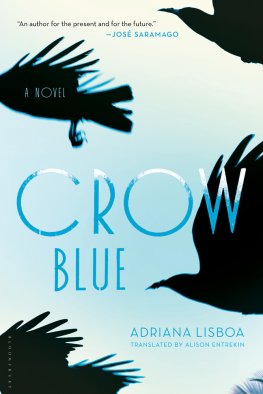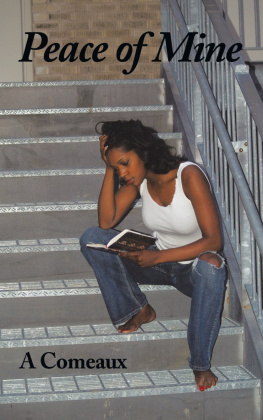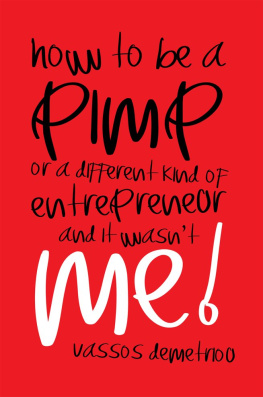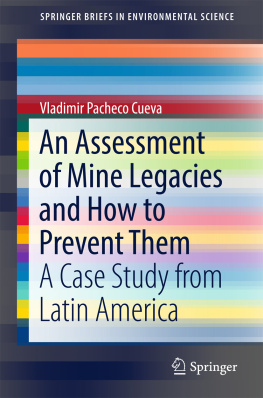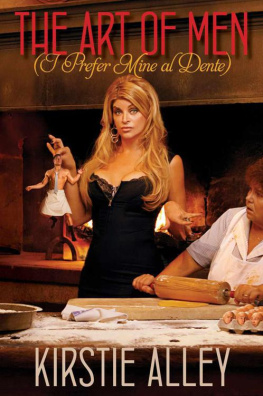we are all foreigners
in this city
in this body that awakens
Heitor Ferraz
The year began in July. The place was strange. Sweat trickled down inside me, beneath my skin I sweated and my body stayed dry. It was as if the air was hard, solid, made of stone. I drank glass after glass of water until my belly was bloated and heavy but it was always the same, the dry sweat and the hard air and the sun with a stinger in every ray. There was no breeze, no breath of fresh air slipping through the openings in my blouse, ruffling the hem of my skirt or rustling my hair with the promise of salvation.
On the other hand, I never saw cockroaches.
The American cockroach: Periplaneta americana. I once read that they had the ability to regenerate, depending on the severity of the injury. I knew them intimately, personally, as well as by reputation (the only creatures capable of surviving a nuclear holocaust, etc.), from surprise encounters in the kitchen and the hall leading to the service elevator. In Copacabana they were everywhere. But I didnt see any cockroaches in Colorado. It was possible that they were there, and managed to withstand the constant lack of moisture and the harsh winters. But if so they were much more discreet.
I was thirteen. Being thirteen is like being in the middle of nowhere. Which was accentuated by the fact that I was in the middle of nowhere. In a house that wasnt mine, in a city that wasnt mine, in a country that wasnt mine, in a one-man family that, in spite of the intersections and intentions (all very good), wasnt mine.
My knuckles turned white, threatening to split. It was weird. I seemed to be progressively transforming into something else, as if undergoing a slow mutation.
Maybe I was becoming a lizard or one of those plants that can flourish in the desert. Maybe I was mineralizing and turning into a river, the temporary sort that vanishes into the parched riverbed in the dry season, and then swells and tumbles happily along as if thats all there is to it, tumbling happily along, peril-free. As if its own life as a river wasnt seasonal and brittle.
More than once I thought, in the first few months, that it wasnt a place made for humans, any more than it was for cockroaches. And yet humans had lived there for thirteen millennia, arm-wrestling with the place, long before the gold and silver mines of the nineteenth century. Long before Buffalo Bill.
In that month of July, the first month of my New Year, Fernando took me to a public swimming pool. Fair-skinned people sprawled in deck chairs in pursuit of a tan that was long in the coming, and which, when it arrived, had a reddish tinge that was too obvious, too red.
Like the other Latinos, and people from India, my already very brown skin became even browner after an hour of sun. I didnt really know what to do with all that easy, impulsive melanin, which willingly gave itself up to the sun as if it were a volunteer in some sacrificial rite.
A woman passing my chair as she returned from the pool said I had a nice tan. When she smiled, her eyes disappeared into the folds of fat that covered her face. She looks like a feather pillow, I thought. She was wearing a skirted bathing suit and had very small hands at the end of doughy arms, and she walked as if she was afraid to touch the ground with her chubby feet. She walked as if the ground hurt.
Elegance? I wondered. No, not elegance. Perhaps a certain mistrust of the act of walking. Perhaps she was trying to remind us that we need to be ceremonious with the world, that this here is no joke, that this is something serious and dangerous, and that the mere act of walking on the ground bestows an unimaginable responsibility on you. Or maybe it was just the way she walked and had nothing to do with responsibility, nor was it, come to think of it, anyone elses business.
In the swimming pool, I surfaced next to a good-looking man with thick cords of muscle wrapped around his firm arms. When I looked at him close up I noticed that he had blond eyelashes. I didnt know there were people with blond eyelashes. The good-looking man was exchanging smiles and words (more smiles than words) with a flexible young woman with flawless eyebrows.
I sank under again and opened my eyes underwater and saw a multitude of legs of various shapes, sizes, colors and thicknesses the tentacles of a chlorinated-water Leviathan, waving back and forth in a disorderly, unsynchronized fashion.
Before, in Copacabana, there were: miniscule bikinis. Butt-cheeks hanging out. A few women here and there rubbing peroxide on their legs to bleach their hairs. Depending on the place, lots of children. Depending on the place, a few prostitutes. Muscular bodies jogging in the sun. Flaccid bodies jogging in the sun. Tight Speedos outlining mens balls and revealing what side their penises were on. When I had nothing else to do, on the beach, I used to run a tally, to see if more men kept their penises on the left side or on the right.
Now, in Lakewood, there were: large bikinis and full-piece bathing suits in fabrics that sometimes bunched up around the backside. Men in board-shorts. At the edge of the pool, people eating hamburgers and French fries and drinking beer and soft drinks in king-size paper cups.
The size of things surprised me.
Are they very expensive? I asked Fernando.
No, he said. Do you want one?
I said no. And I thanked him, as my mother had taught me to do.
The year began in July. Not exactly when the immigration official checked my American passport (which identified me, but with which I still didnt identify). The year had begun a few weeks earlier, when Fernando called.
I had already packed my only suitcase when he called. I had put everything important into it, but when I went to organize it I discovered that important is a flimsy category. It doesnt stand up on its own. The memory of an onion after it has been peeled. The idea you have of the onion that doesnt necessarily correspond to the actual onion. The tears caused by the onion, which originate at the very end of a whole complex chain of enzymes, gases, nerve endings and glands, as Mrs. Mojo explained at some stage in school (on the same day, incidentally, that Mrs. Mitchell revealed that pizza had been invented in Chicago).
Almost everything important wasnt when confronted with brave, staring-contest eyes.
I considered my things:
Those books I had already read: I wasnt going to reread them, was I? Did it make any sense to lug around a collection of paper paving-stones with colorful covers as if they were pets: half-blind, slobbery dogs needing extra care at the end of their lives?
Those two pairs of sneakers: one hurt my heel. It was the nicer-looking one but it hurt my heel. The confrontation between beauty and utility can sometimes be uncomfortable, and the utility of an uncomfortable pair of sneakers somewhat obscure and uncertain. Besides, there would always be someone in the world with feet a little different to mine more delicate, without such a prominent bone in the corner. That person would be Cinderella to my nicer-looking pair of sneakers, and it was up to me to bid them farewell and hope that they lived happily ever after.
Those four pairs of earrings of which I only really liked three but only really wore two and I wouldnt even need two, since I only have one pair of ears: it was better to donate three of the four pairs to someone more appearance-conscious, with less migratory plans than mine. Not least because the fewer earrings one has, the fewer one loses. If I kept that one pair of earrings in day and night, there was a good chance theyd be with me for a long time, and luckily ears werent feet and earrings werent shoes.

